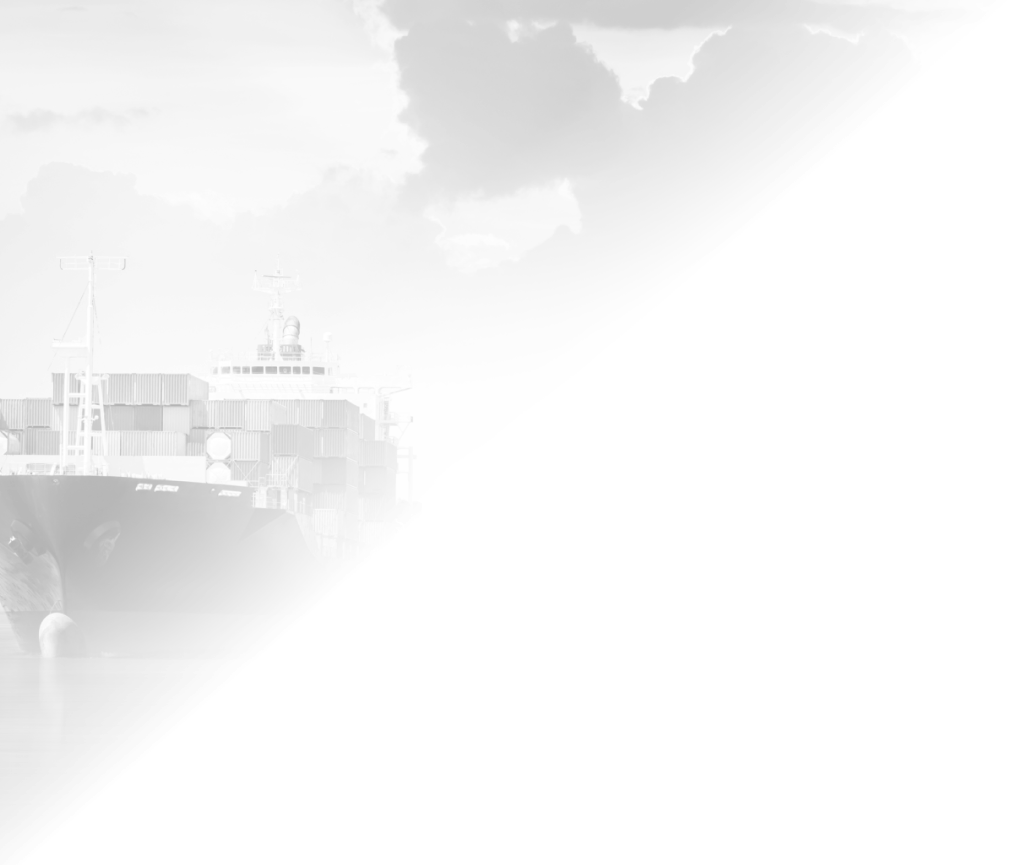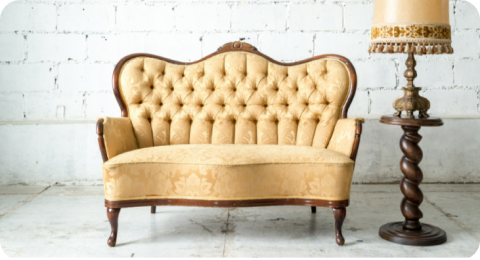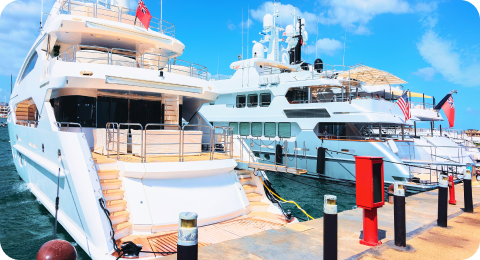The international circulation of works of art is governed by strict regulations. Whether for imports or exports, « cultural goods » and « national treasures » require prior administrative authorisation in order to protect them and combat illicit trafficking. Whether you are a museum director, an exhibition organiser, a gallery owner or a private collector, you need to be vigilant about complying with the regulations in force to ensure that your transport operations are legal.
In France, « Fine Arts » formalities are a prerequisite customs clearance, while the United Kingdom established its own regulatory framework and procedures in this area. TRANSPORTS MARI Limited in London guides you through each step of the process, whether for importing or exporting works of art.
Importing works of Art
Repatriating a work of art to the United Kingdom involves several well-defined steps:
- Assessment of the works of art
- Preparation of documents: commercial invoice, certificate of origin, certificate of authenticity, restoration certificate, export permit and license, proof of insurance, ATA carnet
- Customs declaration (online or on paper)
- Customs formalities: documentary checks and physical inspection of the works of art
- Payment of duties and taxes
The formalities depend on the purpose of the import:
- The sale of works of art is subject to a complex regulatory framework with specific rules on VAT, customs duties, and export licenses. British customs conduct rigorous checks to ensure each import complies with current legislation.
- Procedures for importing works intended for temporary exhibitions are simplified for galleries and museums. No documents are required, regardless of the origin of the works. However, they must be insured.
- Works of art intended to form a personal collection are generally subject to the same customs formalities as those intended for sale.
Exporting Works of Art
Any export of a work of art, whether temporary or permanent, requires official authorisation, including an export license and a customs declaration.
This regulation applies to both private individuals and professionals to prevent nationally significant works of arts from leaving the UK without authorisation.
Documentation required by the customs office:
- Export declaration: online or paper form submitted to the Reviewing Committee on the Export of Works of Art (RCEWA), detailed description, and valuation of the work, proof of export
- Export certificate
- Certificate of authenticity
- ATA carnet
- Purchase invoice
- Photographs of the work
The following are subject to compulsory export license:
- Works considered part of the national treasure
- Works that are old, rare or of significant cultural or historical interest
- Works of exceptional market value
Under certain conditions, works of art may be exempt from customs duties and export taxes:
- Transfers to museums: depending on the tax residence of the transferor, the nature and value of the works of arts (of public interest), the status of the museums, and the gratuity of the transfer (donation, legacy, sponsorship).
- Temporary exports: to a museum or gallery, for restoration, in exchange for a bank guarantee to ensure the return of the items.
- Works exported by the artist himself: depending on their tax status, their nature, the destination country, and the frequency of export. Exemption may apply to VAT, customs duties, and other local taxes applicable to export.
- Re-exportation of items previously imported when moving to the UK: for personal use for a minimum period of 2 years, subject to a customs declaration and import authorisation.



; ?>)





















